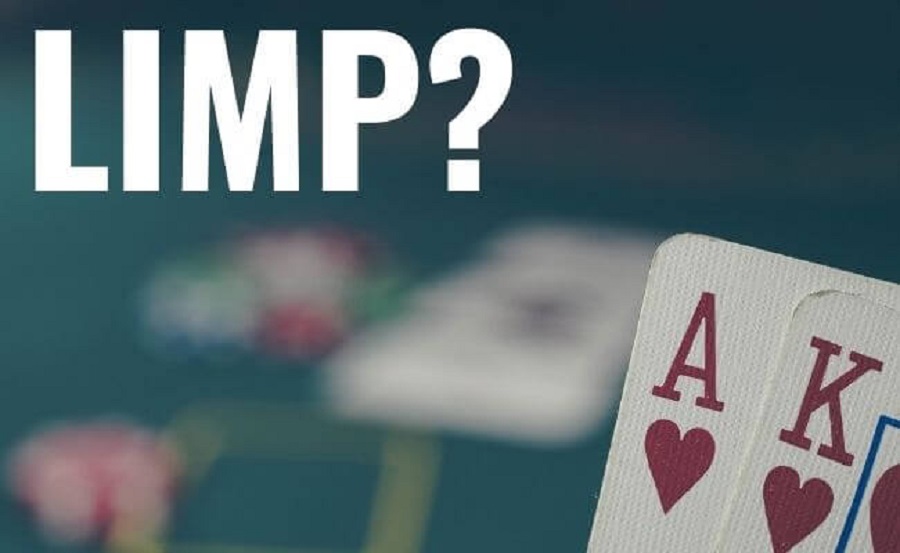When you limp in a game of poker, you spend the least amount you can to stay in a hand. Typically, you are expected to fold or raise, and when you call, it’s considered as limping. This type of play is usually seen by beginners rather than experienced players.
Open limp
An open limp is when you’re the first player and bet the minimum to enter the pot preflop. If the big blind minimum bet is $10, you will place that bet. The action then goes around the table. The other players can call, raise, or fold. In most cases, one of the other players will raise the bet. You then have the choice to re-raise, call, or fold.
At online casinos, you can use a poker app to play the game. If you want to win a hand, you must play aggressively. When you play passively, you have less chance of winning.
Why is limping a poor strategy?
Beginner players will often use limping to check the reactions of other players. Pro players understand that they can observe the reactions of other players more accurately if they raise. It’s hard to narrow down the ranges of the hands of opponents when you limp in.
When you limp and enter the pot with the cheapest value, it tells more experienced players that you probably have a weak hand. The odds aren’t on your side if you limp in poker. If you don’t have a good hand with which you can raise, it is generally better to fold.
It is almost never a good idea to limp in poker. However, there may be one exception. Many poker tournament players today are very aggressive. Using passive preflop play early on in a multi-table poker tournament may be useful. If you limp in with a wide range of hands, opponents will find it difficult to read you.
It won’t help you win more pots
You may limp because you feel it will allow you to see more flops cheaply, making you feel lucky about a potential win. If your game plan is to see as many flops as you can with the potential of getting lucky, you are likely to be disappointed. Limping won’t thin out the field and doesn’t give you much information about the hands you’re up against. It takes away all the benefits you could get from raising with few, if any, upsides.





